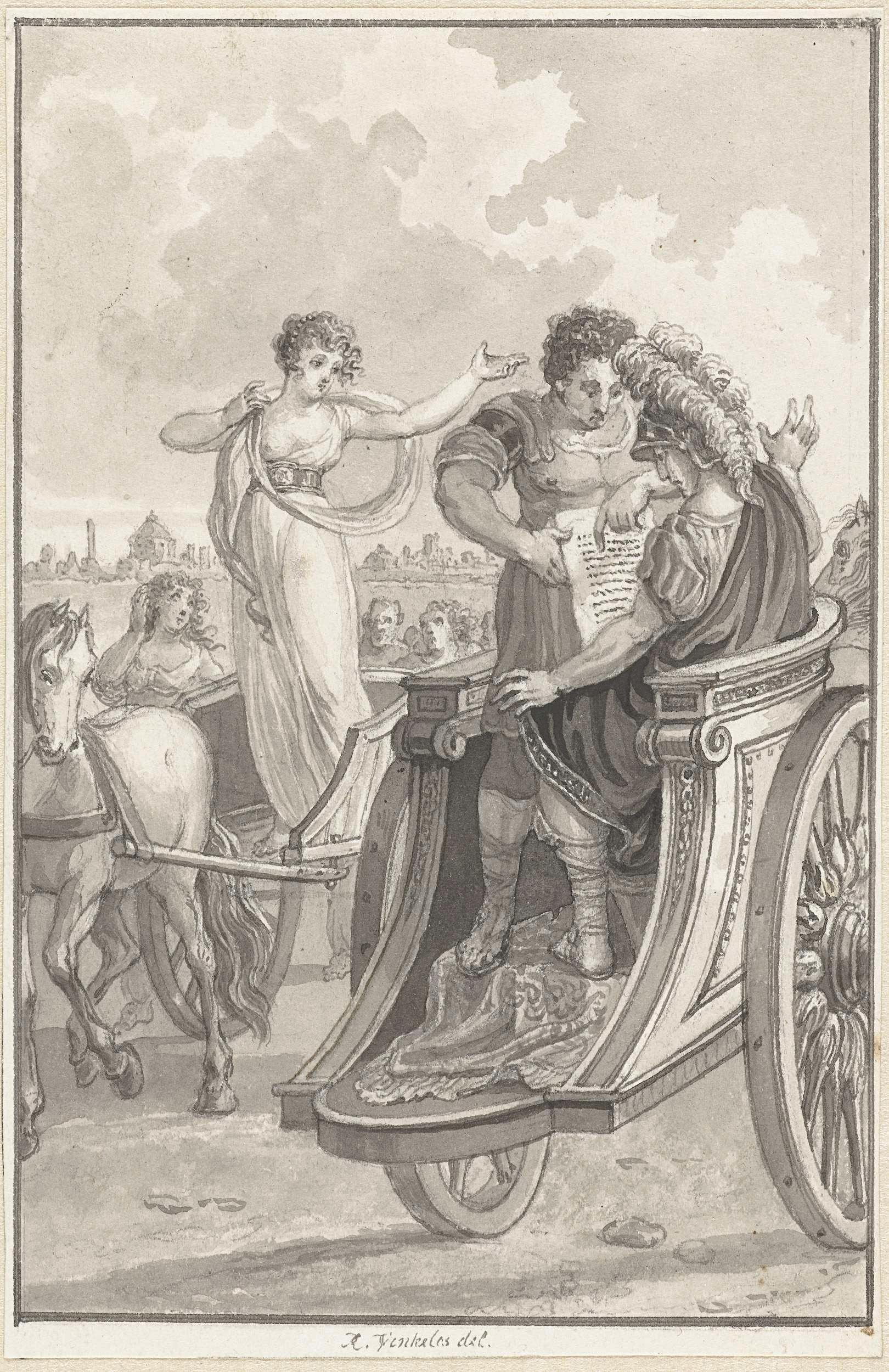The Notorious Empress Messalina: Honor Cargill Martin (48 AD)
Honor Cargill-Martin, author of Messalina: A Story of Empire, Slander and Adultery
In this episode of Travels Through Time the classicist Honor Cargill-Martin takes Artemis on a tour of the debauched and dangerous world of Roman politics. We meet Messalina, one of the Rome's most notorious women, and follow her through the events of 48 AD that would lead to her eventual downfall and execution.
*** [About our format] ***
For over two thousand years Messalina has been characterised as the scheming and sexually rapacious wife of Emperor Claudius. In one famous story she attends a brothel to take part in a twenty four hour sex competition. But now, in her wonderful new biography, Messalina: A Story of Empire, Slander and Adultery, Honor Cargill-Martin challenges this version of the empress's life.
In particular, Honor seeks to rescue Messalina's reputation from some of the more egregiously sexist stereotypes that powerful women throughout history have often borne the brunt of.
As Honor shows us in this episode, Messalina certainly wasn't a saint, but she was a serious political operator who had survived and thrived in the volatile world of the first century Roman Empire.
*** Listen to the podcast ***
Show notes
Scene One: Autumn 48 AD, Imperial Palace, Palatine Hill. The emperor Claudius is out of Rome. Messalina, the handsome Gaius Silius, and their friends are partying in celebration of the wine harvest. This, her enemies will argue, is actually a bigamous wedding party.
Scene Two: A few days later in autumn 48 AD, From the Via Ostiensis to the Praetorian Camp. Messalina stands accused of adultery, bigamy, and treason. She tries to beg Claudius to spare her life but is blocked. The freedman Narcissus shows Claudius evidence of her adulteries before taking him to the Praetorian Camp where he executes a string of her alleged lovers.
Scene Three: New Years Day 49 AD, Claudius marries Agrippina the Younger, the mother of Nero. Lucius Silanus – Messalina’s daughter’s fiancé, now accused of incest to clear the way for her to marry Nero – commits suicide as the morning of the wedding dawns.
Memento: Nero's golden snakeskin bracelet.
People/Social
Presenter: Artemis Irvine
Guest: Honor Cargill-Martin
Production: Maria Nolan
Podcast partner: Ace Cultural Tours
Theme music: ‘Love Token’ from the album ‘This Is Us’ By Slava and Leonard Grigoryan
Follow us on Twitter: @tttpodcast_
See where 49 AD fits on our Timeline
About Honor Cargill-Martin
Honor Cargill-Martin is an author, classicist, and art historian from London. She read Classical Archaeology and Ancient History at Oxford, winning a scholarship and graduating with a first-class degree in 2019. She has masters degrees in Greek and Roman history and Italian Renaissance Art. She is currently studying for a doctorate focusing on political sex scandals in Ancient Rome at Christ Church College Oxford. She has published a number of children's fiction titles. Her biography of Messalina is her first non-fiction title.
Featured Images
Complimentary Episodes
Ovid and the Augustan Age: Llewelyn Morgan (14 AD)
In this episode we return to Ancient Rome and to one of the most glittering moments in its history. After the political drama of the first century BC – the days of Caesar and Pompey the Great, and the fall of the Republic – came the long, rich and expressive Augustan Age.
Caesar, Cato and the Fall of the Roman Republic: Josiah Osgood (46bc)
Julius Caesar and Cato the Younger were figures of immense talent. Yet their bitter feuding drove the republic they loved to the very brink. In this episode the historian Josiah Osgood takes us back to the climatic year of their quarrel: 46 BC.
Antony and Cleopatra: Jane Draycott (31/30 BCE)
In this episode the Roman historian and archaeologist Dr Jane Draycott takes us to meet one of history’s most glamorous and infamous couples, Antony and Cleopatra.









